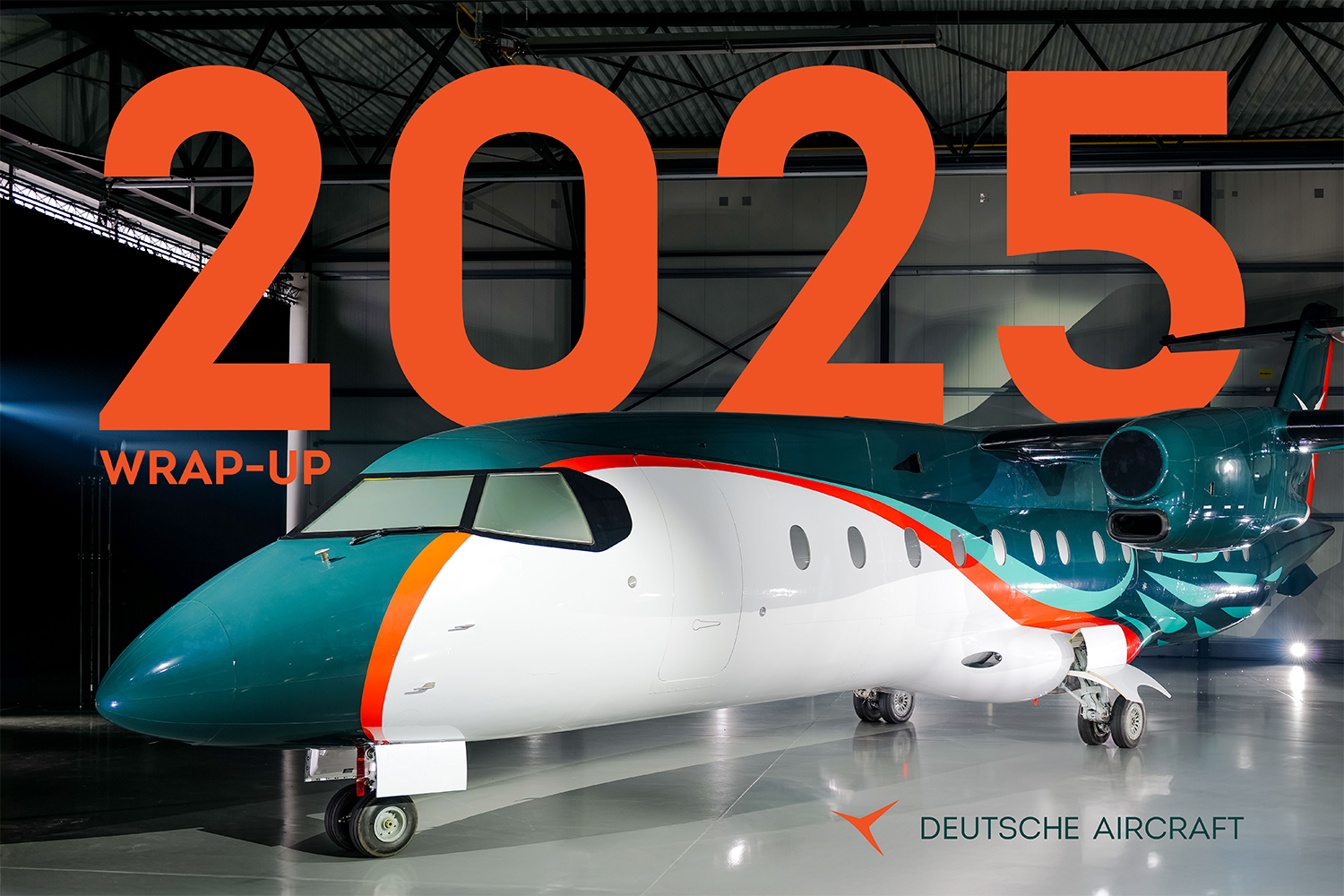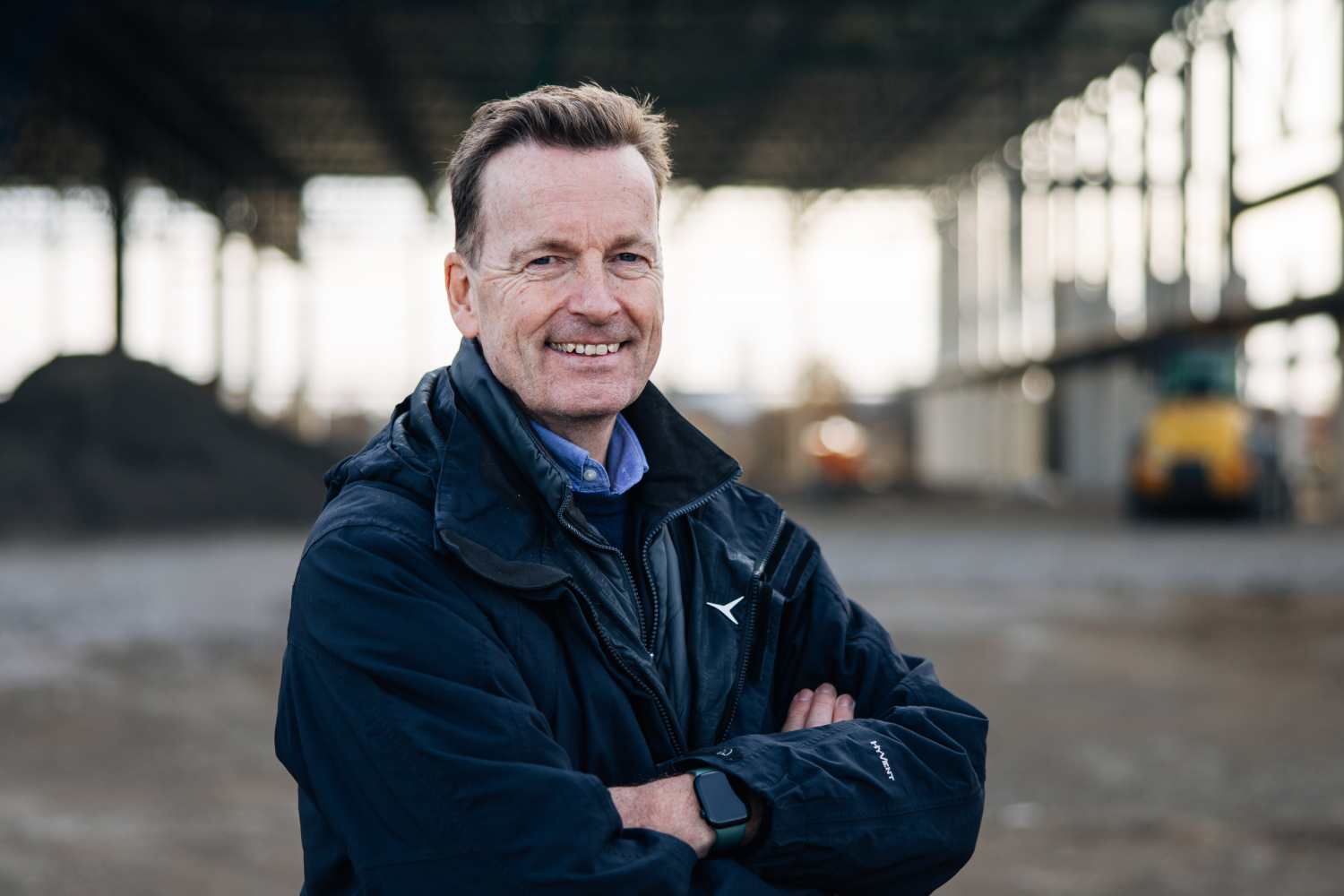Modelling tomorrow: Flight simulations as architects of progress at Deutsche Aircraft

Modelling Tomorrow: Flight Simulations as Architects of Progress at Deutsche Aircraft
Flight simulators have traditionally been associated with pilot training, but at Deutsche Aircraft, their role extends far beyond honing pilot skills.
"While flight simulations offer a range of capabilities without actual aircraft operation,our main objective is to expedite results for pilots and design teams,” explains Yigit Sahin, Flight Simulation Engineer at Deutsche Aircraft.
The genesis of flight simulation dates back to 1929 when Edward Albert Link invented the first simulator, which offered a safer, more cost-effective approach to pilot training.
Today, full flight simulators provide a realistic training environment, enabling pilots to practice critical manoeuvres essential for real-world operations. Moreover, at Deutsche Aircraft, the engineering simulator has evolved into a catalyst for modelling, testing and innovation, playing a pivotal role in the development of the new 40-seat turboprop, the D328eco®.
The Crucial Role of Flight Simulators
Three types of simulators are integral to the development process at Deutsche Aircraft:
- Full Flight Simulators (FFS)
- SIMZERO desktop simulator
- TZERO engineering simulator
While FFS meticulously replicate specific aircraft, the latter devices focus on modelling and testing performance during the development stage.
Underscoring the value of bridging the gap between simulator and aircraft, Sahin states that “We aim to ensure our pilots are intimately familiar with the cockpit environment to minimize any surprises during actual flight."
Flight Simulators in Design and Development
At Deutsche Aircraft,a paradigm shift is underway. "Design is often thought to precede testing, but we're endeavouring to alter this industry mindset,” Sahin declares.
The TZERO engineering simulator allows the design department to evaluate new concepts, enhancements and modifications before physical construction begins.
Sahin's role as a liaison between the Flight Physics department and the simulator supplier is pivotal as he oversees the implementation of various flight models, ensuring they align with the real aircraft's performance.
"By providing test pilots with modelled avionics deck options, we expedite decision-making and optimise design efforts,” he says, highlighting the impact of modelling on efficiency.
Flying Towards Sustainability: Simulators and the Environment
Deutsche Aircraft is committed to environmental sustainability, aligning with the 1.5°C targets of the Paris Agreement. The sustainability of the D328eco hinges on material selection, aerodynamics, fuel efficiency and fuel type. Flight simulators play a critical role in minimising actual flights, thereby reducing the aviation industry's carbon footprint.
"The higher the simulator's accuracy, the fewer flights we'll need for testing, resulting in amore sustainable operation,” Sahin asserts, underlining the importance of simulator accuracy in achieving sustainability goals.
Shaping Tomorrow: The Future of Flight Simulation
Looking ahead, Sahinen visions a dynamic future for flight simulation. He anticipates integration with artificial intelligence, enabling advanced anomaly detection and proactive alerts. Virtual Reality and Augmented Reality could immerse pilots in hyper-realistic environments, enhancing their situational awareness.
Moreover, computer vision-based intelligent aviation, precision autopilot systems and the potential for fully autonomous transport aircraft are poised to revolutionise the aviation landscape.
As we navigate the horizon of possibilities, one thing is certain: in the dynamic field of engineering simulators, the potential is limitless.
For media enquiries, please contact pressoffice@deutscheaircraft.com

.png)











